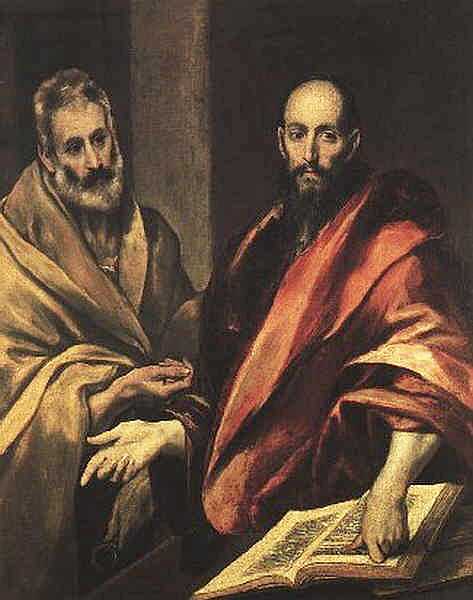
I had previously and briefly mentioned the film, Waking Life, within a post about A Scanner Darkly. When I had first seen the film, I was astonished as I heard what Richard Linklater's character, the Pinball Playing Guy, had said to Wiley Wiggins' character. He basically discussed how he had read an essay by Philip K. Dick about an experience he had had that related to an award-winning novel he had written previously, called Flow My Tears, the Policeman Said, which Dick claimed to have written very fast, as if he had been channeling all the events at once. I decided to read the essay for myself.
It was explained that, after the completion of Flow My Tears, the Policeman Said, Philip K. Dick, on Christmas Day of 1970, had met a girl named Kathy. Her boyfriend's name was Jack. Dick later found out that Kathy was a drug dealer. Now, in the novel, there was a character named Kathy who was involved in the criminal underground and she had had a husband named Jack. In the novel, it turns out that Kathy was working for the police and she had been having a relationship with a police inspector. Dick had become friends with the real-life Kathy and he claimed to have been discouraging her from dealing drugs and insisted that she would get caught if she had continued. One day, as the two were entering a restaurant, Kathy had stopped short and refused to go any farther because a police inspector, whom Dick knew, was seated inside the restaurant and Kathy had explained to Dick that she was having a relationship with him.
After this, Dick tried to find other similarities. The main character in his novel was named Jason. He then looked in the index to see if any Jason had been mentioned in the entire bible. There was only one result and that was in the Book of Acts. In Dick's novel, Jason was a fugitive hiding in a person's house. In the Book of Acts, Jason was harboring a fugitive in his home, making this an inversion from the Book of Acts to the novel. In the essay, Dick's reaction to this was "-- as if the mysterious Spirit responsible for all this was having a sort of laugh about the whole thing".
After seeing so many resemblances, it became clear to Dick that this was not just a series of coincidences. There were too many. Knowing that they was some significance behind this beyond his comprehension, he tried to think of a theory as to why this would be happening or how it would be happening but, sadly, he couldn't. It became frustrating for him that he had gone his whole life without reading the Book of Acts, wrote a book 1920 years after the Book of Acts, which somehow, unintentionally had remarkable similarities to it. The characters' names being the same is one thing. But having the characters' names be the same, as well as their positions and situations being very similar? That's more than coincidence.
Dick then went on to explain that, two months before he had written the essay, which was in 1978, he had seen a black man, whom he didn't know (making him a black stranger). At first, Dick had thought this man was trying to steal his car. On impulse, Dick confronted the man and asked if he needed any help. The man explained that he was out of gas and needed money. Dick claimed that, prior to this, he never lent a helping hand to a stranger in this type of position, but, for some reason, this night, he reached into his wallet and gave the guy money. Dick then left the stranger and went to go back into his house, but then realized that this stranger was nowhere near a gas station so he went back, found the guy and drove him to an all-night gas station miles away. He then helped this stranger get gas and brought him back to his car. Dick hadn't realized it while he was doing any of this, but it later became clear to him that, not only was he retelling scenes from the Book of Acts; he was reliving a scene, as well. He then remembered how the priest had told him that the name of the character in the Book of Acts who had met the black stranger on the road was named Philip.
There is more that Dick had to say, but gets very deeply opinionated. I just wanted to share this. If it's all true and not a hoax that Dick created to cause people to believe he was channeling events from the spiritual world, I think this is possibly the most compelling true story I've ever heard in my life.


No comments:
Post a Comment